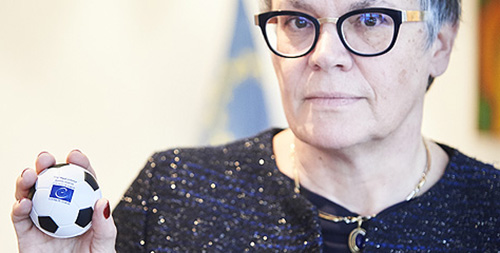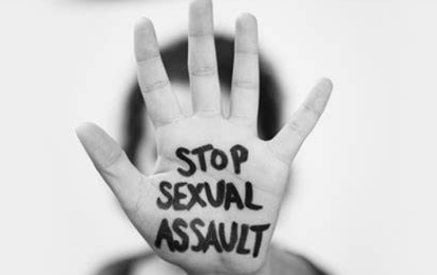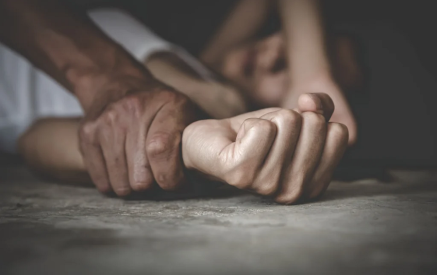Joint statement by Liliane Maury Pasquier, President of the Parliamentary Assembly, and Stefan Schennach, Chairperson of the Committee on Social Affairs, Health and Sustainable Development:
“Today, on the occasion of 18 November – the European Day on the Protection of Children against Sexual Exploitation and Sexual Abuse – we call on all parliaments to do more to protect children from sexual violence.
As the focus of this year’s edition is child participation, this creates many opportunities, but can also be misunderstood.
Involving children in this area does not imply passing the responsibility for tackling such abuse over to children.
Read also
The responsibility clearly lies with adults. It is our role to understand this phenomenon, to identify potential cases of abuse and to act.
It is up to adults – and in the first place parliamentarians – to develop relevant laws, policies and institutions.
It is up to adults to ensure that the relevant frameworks match the context and make the required impact.
It is up to adults to create a culture of zero tolerance for child sexual abuse.
At the same time, we cannot fulfill this obligation successfully without listening to what children have to say – whether they are victims, perpetrators or witnesses. We need to understand their concerns and offer the kind of support that is truly useful.
Especially in the rapidly-changing world, with new technologies developing at breath-taking speed and sexually explicit imagery being easily accessible, adults are often out of their depth as to what needs to be done to tackle abuse.
Schools are at a loss as to how to deal with 10-year-old children swapping sexually explicit images via mobile phones between lessons. Some of the images come from the internet, others are taken by the children themselves.
The impact of this phenomenon is often devastating. There are lasting consequences for the mental health and wellbeing of the children involved. Some of them must change schools and may suffer from low self-esteem for the rest of their lives. Some may even commit suicide. The damage is enormous for the children, for their families and for our societies.
Indeed, based on their experience, children know best what needs to be done and how. When we develop solutions and put them into practice we should consult and involve children.
For this to happen, however, there needs to be an environment of trust, where children will know that they can speak up and get help, in the way that meets their needs and addresses their concerns. Child safeguards need to be in place and professionals must be duly trained. Most importantly – as the principles of medical ethics would suggest – ‘first do no harm’.
There are many examples of how such an environment could be developed. This year, FIFA launched a new child safeguarding programme and tool-kit for member associations. Be it in sporting associations, at art clubs or at school, such safeguarding provisions are vital for protecting children from violence and abuse.
To conclude, we call on all the parliaments to mark this day, in 2019 and the years to come.
Be it a tweet, an interview, a parliamentary hearing or a new law – every action counts.
Pass the word about 18 November – End Child Sex Abuse Day, make it known around you.
Score a goal against child sexual abuse!”
PACE






















































